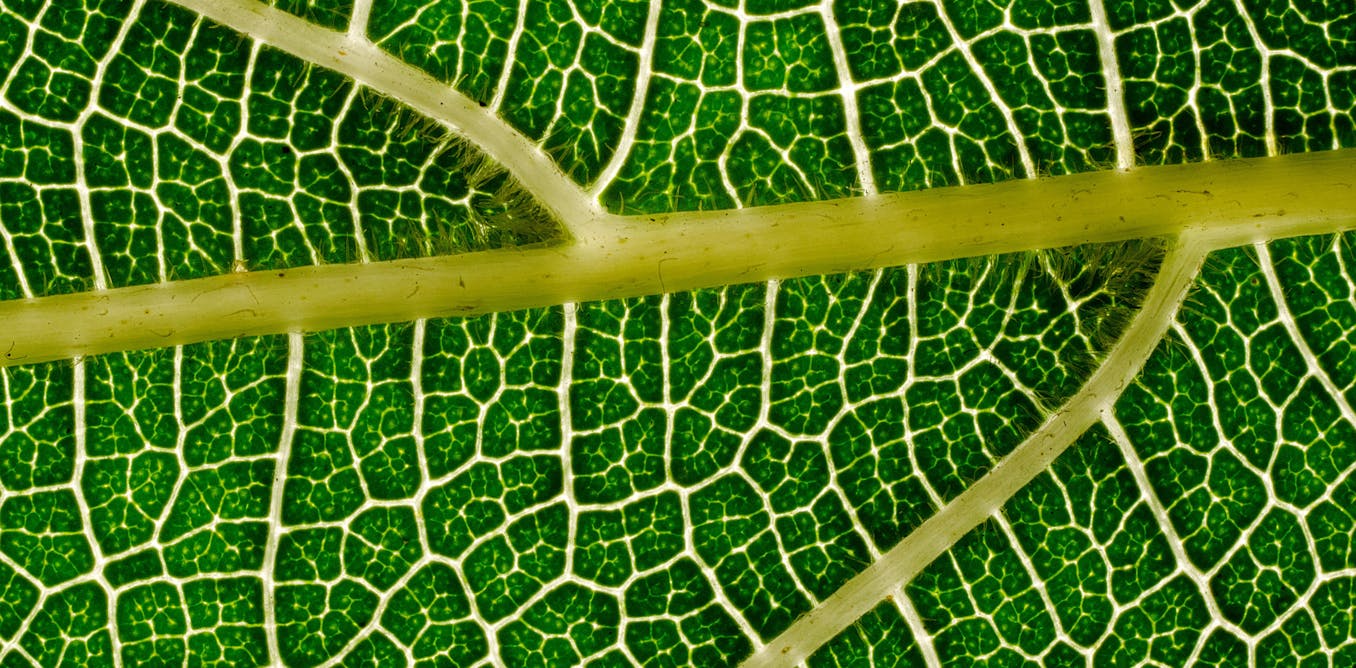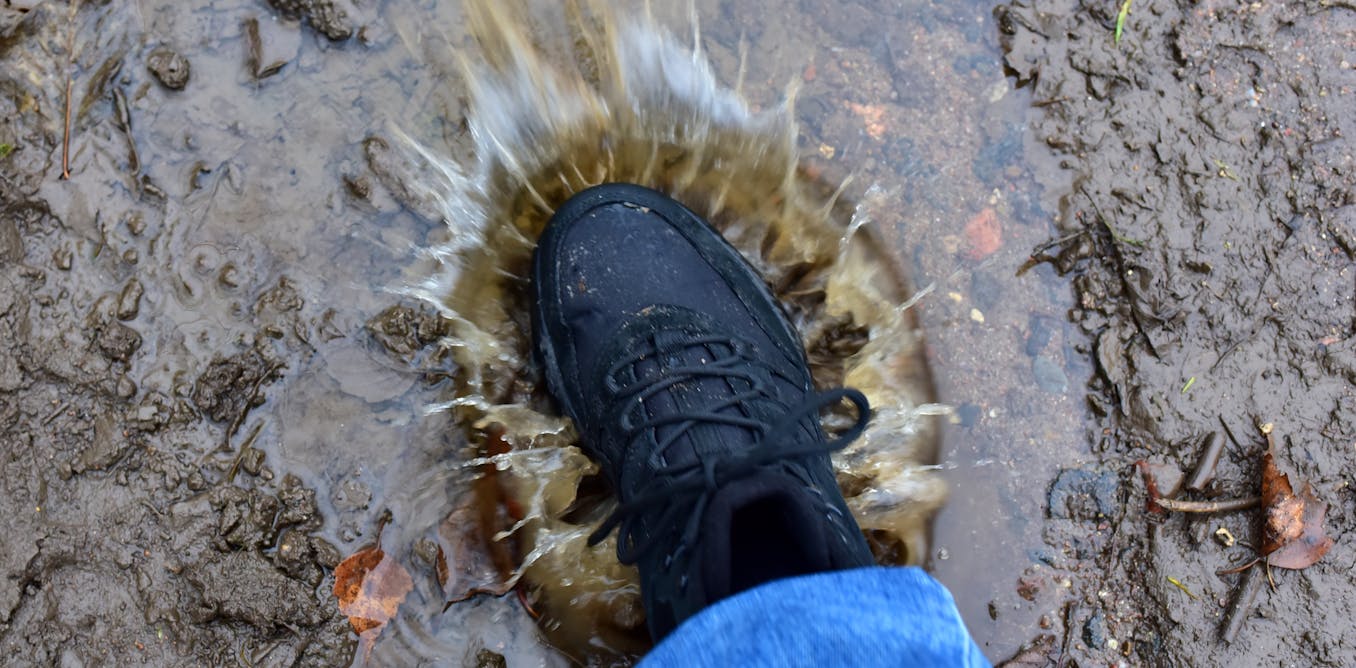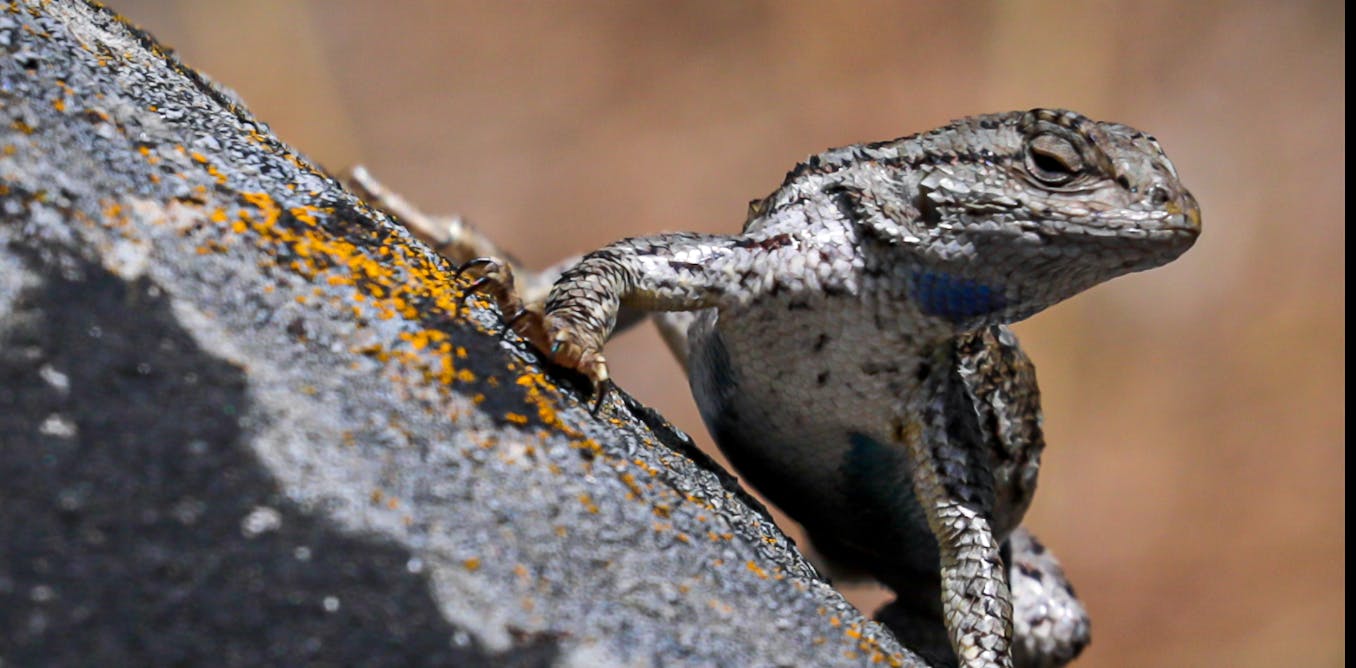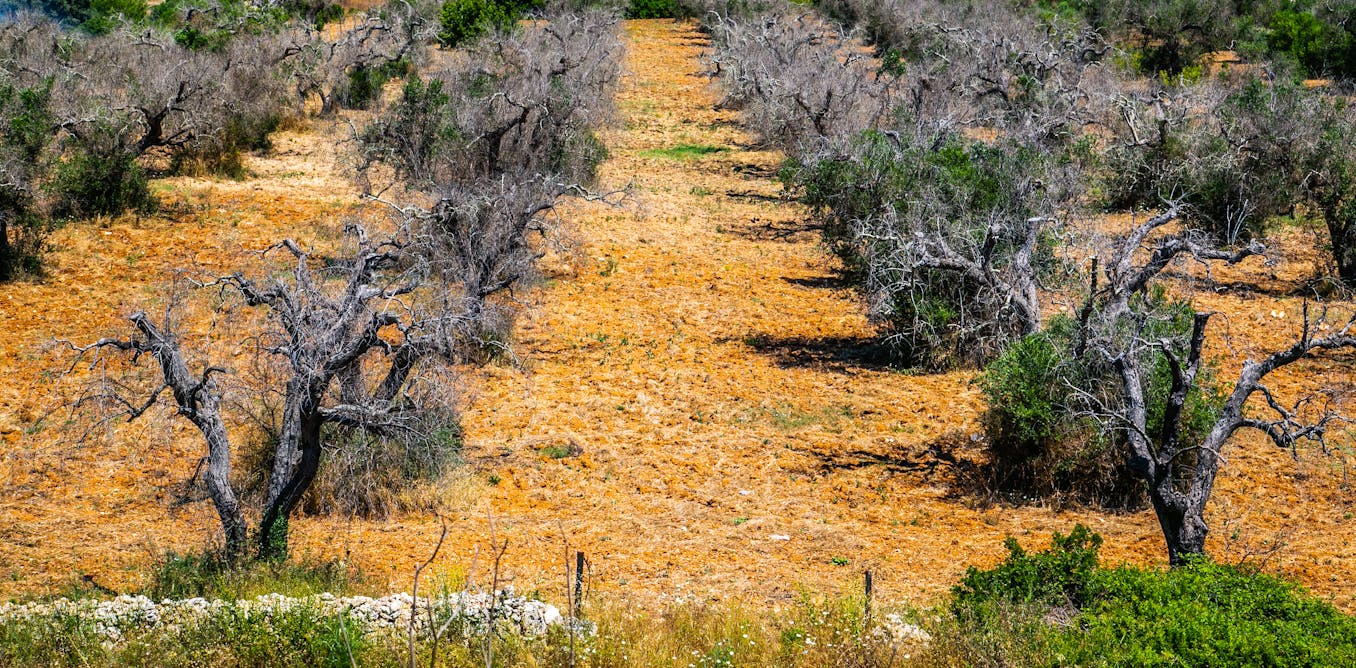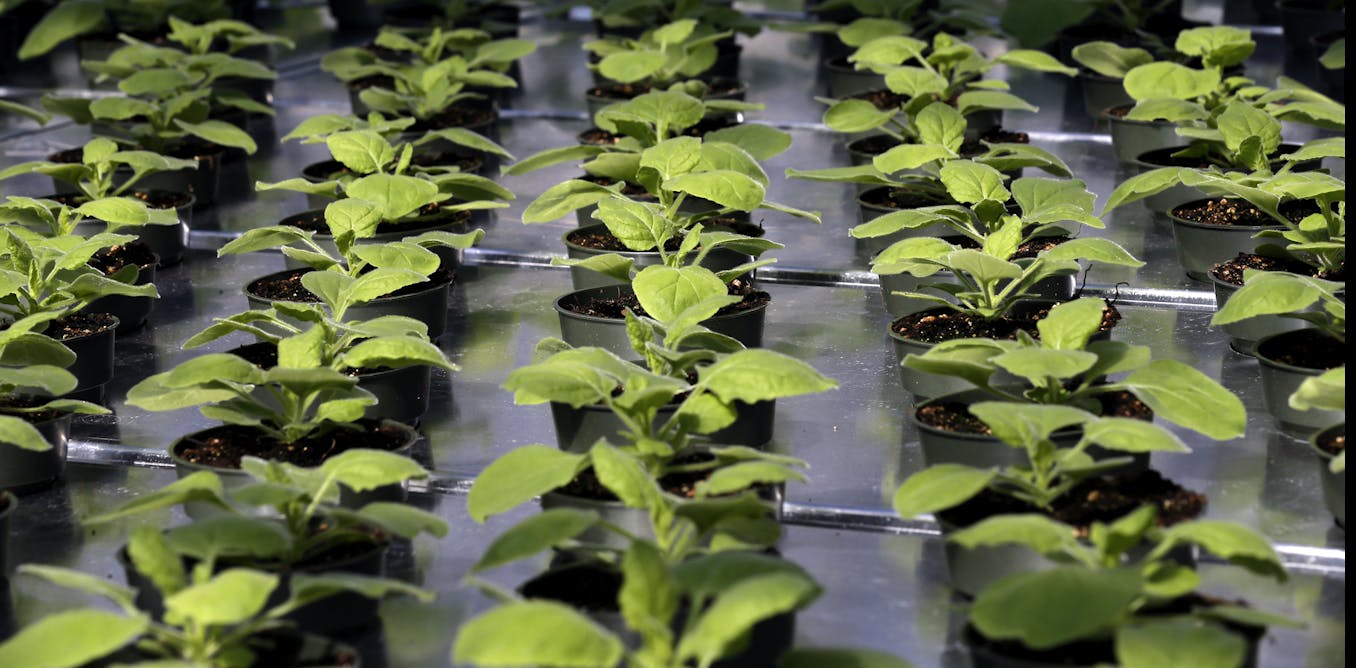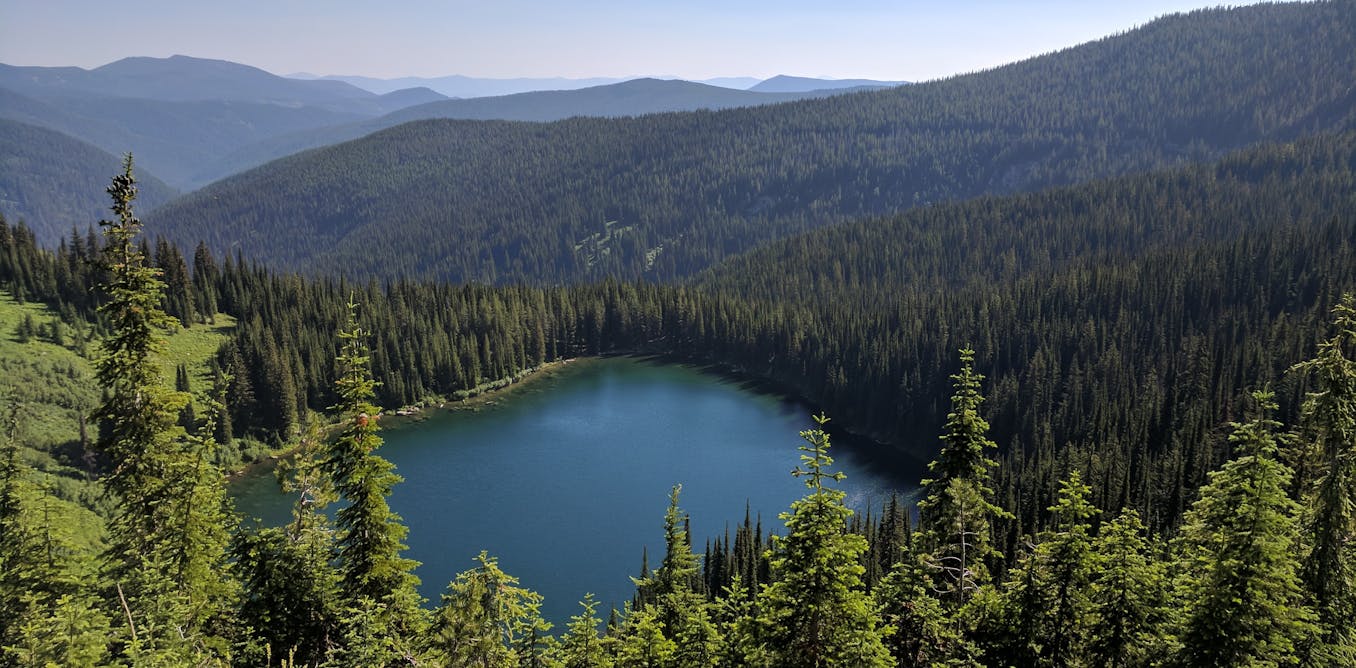That sharp, green smell of freshly cut grass? It’s a plant’s cry for help – and it may work as a less toxic pesticide for farmers
Green plants produce a specific gas when under attack to both directly ward off herbivores and pathogens and indirectly lure in herbivore predators.
Jan. 29, 2024 • ~5 min

